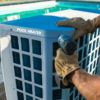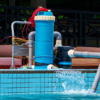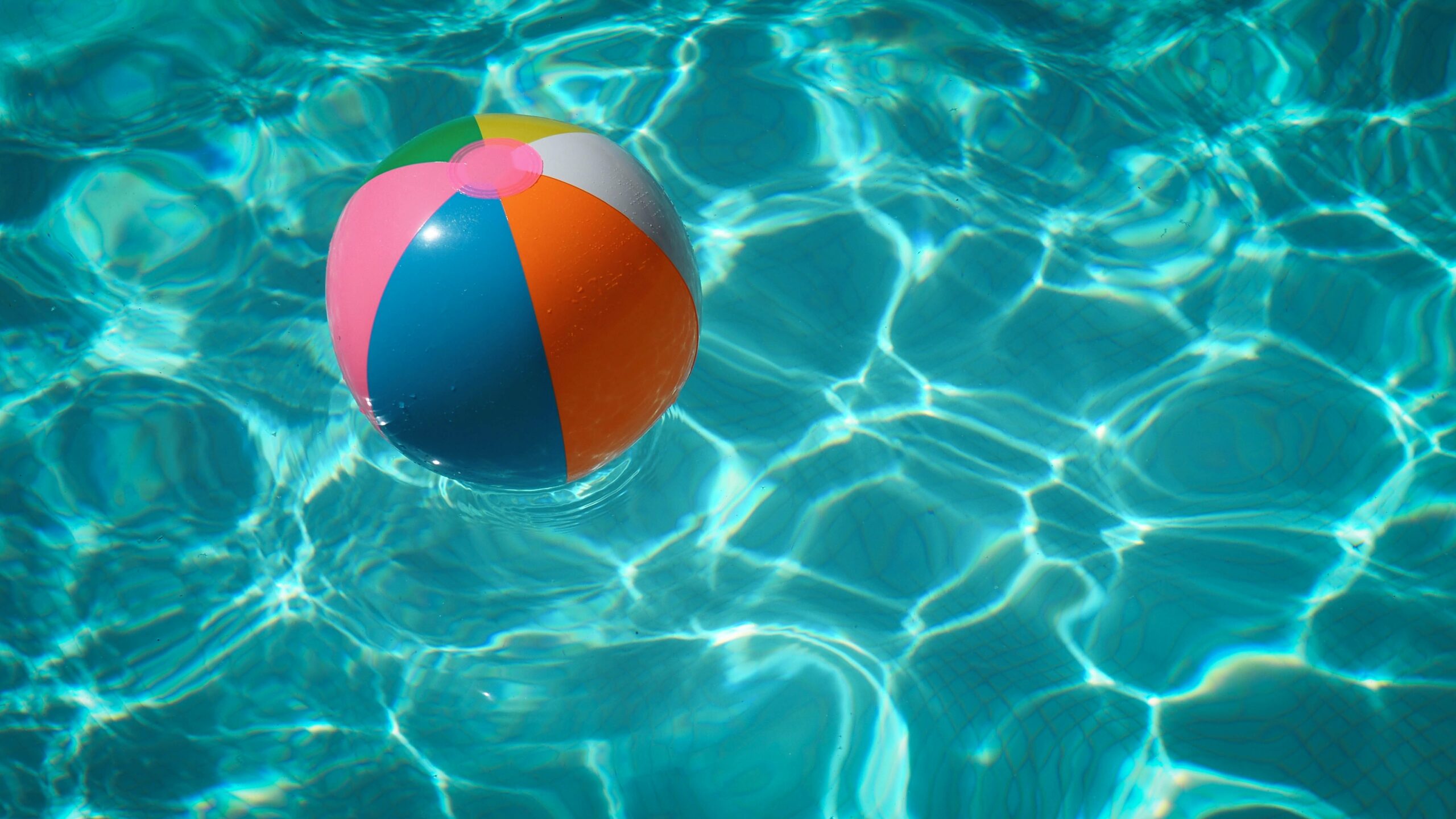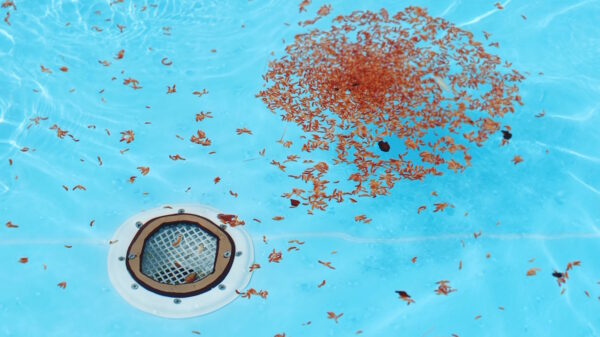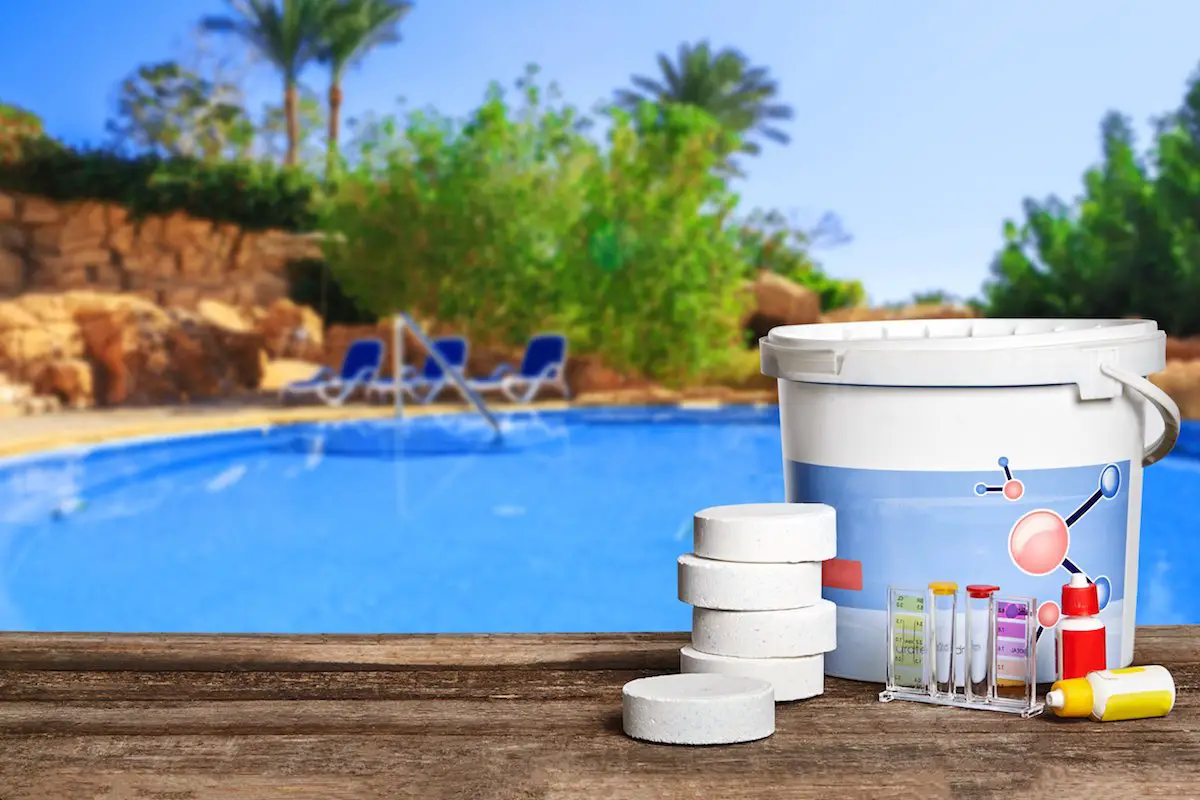Installing An Affordable Above Ground Pool in Your Yard
If you’re looking for a swimming pool that is affordable and easy to install, an above ground pool may be the perfect option for you.
So, what is the cheapest above ground pool to purchase? The cheapest type of above ground pool is a portable pool. Portable pools are less expensive than above ground pools because they do not require as much installation. You can usually install a portable pool yourself, which will save you money on installation costs.
In this blog post, we will discuss the cheapest type of above ground pool to purchase, as well as some of the benefits and risks associated with owning one.
We’ll also provide you with some things to consider before making your final decision. So, if you’re on a tight budget or you’re not sure if an above ground pool is right for you, keep reading!
What is An Above Ground Pool?
An above ground pool is a swimming pool that is not installed in the ground. Above ground pools are usually made of steel, aluminum, or plastic. They are typically less expensive than inground pools and can be installed by the homeowner without professional help.
Types of Above Ground Pools
 There are three main types of above ground pools: portable pools, semi-permanent pools, and permanent pools.
There are three main types of above ground pools: portable pools, semi-permanent pools, and permanent pools.
Portable Pools
Portable pools are the least expensive type of above ground pool. They are also the easiest to install because they do not require any excavation or concrete work.
Portable pools can be made of steel, aluminum, or plastic and can be moved from one location to another.
Semi-Permanent Pools
Semi-permanent pools are more expensive than portable pools but they are still less expensive than inground pools. This type of above ground pool is usually made of steel and must be installed on a level surface. These types of pools cannot be moved once they have been installed.
Permanent Pools
Permanent above ground pools are the most expensive type of pool. They are usually made of concrete or fiberglass and must be installed by a professional. Permanent pools cannot be moved once they have been installed.
Benefits of Above Ground Pools
There are several benefits to owning an above ground pool. First, they require less maintenance than inground pools. Second, they are typically easier to install and can be done so without professional help. Finally, above ground pools are often less expensive than inground pools.
Disadvantages of Above Ground Pools
There are a few disadvantages to owning an above ground pool. First, they are not as aesthetically pleasing as inground pools. Second, they can be dangerous if not installed correctly. Finally, they require more maintenance than inground pools.
Risks of Above Ground Pools
Now that we’ve discussed some of the benefits and disadvantages of owning an above ground pool, let’s talk about some of the risks associated with them.
Aboveground pools have been known to leak and collapse, which can cause serious injury or even death. They also require more maintenance than inground pools and can be difficult to keep clean.
Things to Consider Before Purchasing an Above Ground Pool
 Before you purchase an above ground pool, there are a few things you should consider. First, think about how much space you have in your yard and whether or not an above ground pool will fit.
Before you purchase an above ground pool, there are a few things you should consider. First, think about how much space you have in your yard and whether or not an above ground pool will fit.
Second, decide if you want a portable or permanent pool. Third, research the different types of above ground pools and their associated costs.
Finally, make sure you are aware of the risks and maintenance requirements before making your final decision.
Does an Above Ground Pool Add Value to Your Home?
An above ground pool adds value to the home if it is installed correctly and maintained well. However, an above ground pool can also be a liability if it is not installed correctly or if it is not maintained properly.
If you are thinking about adding an above ground pool to your home, be sure to do your research and consult with a professional before making your final decision.
How Much Space Do You Need for An Above Ground Pool?
The size of the pool you need will be determined by the type of above ground pool you choose. Portable pools can be as small as 12 feet in diameter, while permanent pools can be up to 30 feet in diameter.
When deciding on the size of your pool, be sure to factor in the surrounding deck or patio space. You will also need to leave enough room for people to walk around the pool and for any furniture you might want to add.
Can You Install an Above Ground Pool Yourself?
Portable above ground pools can be installed by the homeowner without professional help. However, semi-permanent and permanent above ground pools must be installed by a professional.
If you are considering installing an above ground pool yourself, be sure to research the process thoroughly and consult with a professional before beginning.
Above Ground Pools vs. Portable Pools
Now that we’ve discussed the different types of above ground pools, let’s compare them to portable pools.
Portable pools are less expensive than above ground pools and can be moved if necessary. They are also easier to install and require less maintenance. However, portable pools are not as aesthetically pleasing as above ground pools and they can be more dangerous if not installed correctly.
When deciding between an above ground pool and a portable pool, be sure to consider your budget, your needs, and your level of expertise in installation and maintenance.
Above Ground Pool Safety Tips
 Now that you know more about above ground pools, let’s talk about how to keep them safe.
Now that you know more about above ground pools, let’s talk about how to keep them safe.
Above ground pools should be installed by a professional and should be checked regularly for leaks. The area around the pool should be clear of debris and any furniture or toys that could fall in.
There should also be a fence around the pool to prevent small children from getting in without supervision. Finally, always have someone supervise children when they are swimming in an above ground pool.
By following these safety tips, you can enjoy your above ground pool while keeping your family and friends safe.
Do You Need City Approval for Above Ground Pools?
In most cases, you will need city approval to install an above ground pool. The process for getting approval can vary from city to city, so be sure to check with your local building department before beginning the installation process.
Getting city approval for an above ground pool can be a time-consuming process, but it is worth it to ensure that your pool is installed correctly and that you are following all the necessary safety regulations.
Can You Move An Above Ground Pool?
Yes, you can move an above ground pool. However, it is a difficult and time-consuming process. If you are thinking about moving your pool, be sure to consult with a professional before beginning.
Moving an above ground pool requires disassembling the entire structure and then reassembling it in the new location. This process can be very challenging, so it is important to make sure that you are prepared before starting.
How Long Do Above Ground Pools Last?
Above ground pools typically last between 15 and 20 years. However, this number can vary depending on the quality of the pool and how well it is maintained.
To ensure that your pool lasts as long as possible, be sure to follow the manufacturer’s instructions for care and maintenance. By taking good care of your pool, you can enjoy it for many years to come.
Are Above Ground Pools Worth It?
Now that we’ve discussed all aspects of above ground pools, you might be wondering if they are worth the investment.
Above ground pools offer many benefits, including being less expensive than in-ground pools, being easier to install and maintain, and providing a great way to cool off in the summer heat. However, there are also some risks to consider, such as the potential for leaks and the need for city approval.
Before purchasing an above ground pool, be sure to weigh the pros and cons to decide if it is the right choice for you.
Improving Your Existing Above Ground Pool
If you already have an above ground pool, there are still ways to improve it.
One way to improve your pool is to add a deck. A pool deck can provide a place to sunbathe, relax, and entertain guests. It can also make your pool more accessible and increase its resale value.
Another way to improve your above ground pool is to add a cover. Pool covers help keep the water clean and can reduce evaporation and heat loss.
Finally, you can also add lighting to your pool to create a beautiful nighttime ambiance.
By making these simple improvements, you can transform your above ground pool into a luxurious oasis.
Do You Have to Use Pool Chemicals in Above Ground Pools?
Yes, you should use pool chemicals in above ground pools to keep the water clean and safe.
Pool chemicals help kill bacteria and algae, and they also prevent the growth of mold and mildew. Be sure to follow the manufacturer’s instructions when adding chemicals to your pool.
Adding pool chemicals is an important part of owning an above ground pool, but it is also important to remember that too much of a chemical can be harmful. Be sure to test the water regularly and adjust the amount of chemicals you are using accordingly.
By following these tips, you can ensure that your above ground pool is safe and clean for everyone to enjoy.
In Conclusion
An above ground pool is a great way to add value to your home and enjoy the summer sun. Be sure to do your research before purchasing an above group pool and follow all the necessary safety precautions. With a little bit of planning, you can have a safe and fun summer swimming in your new pool.


